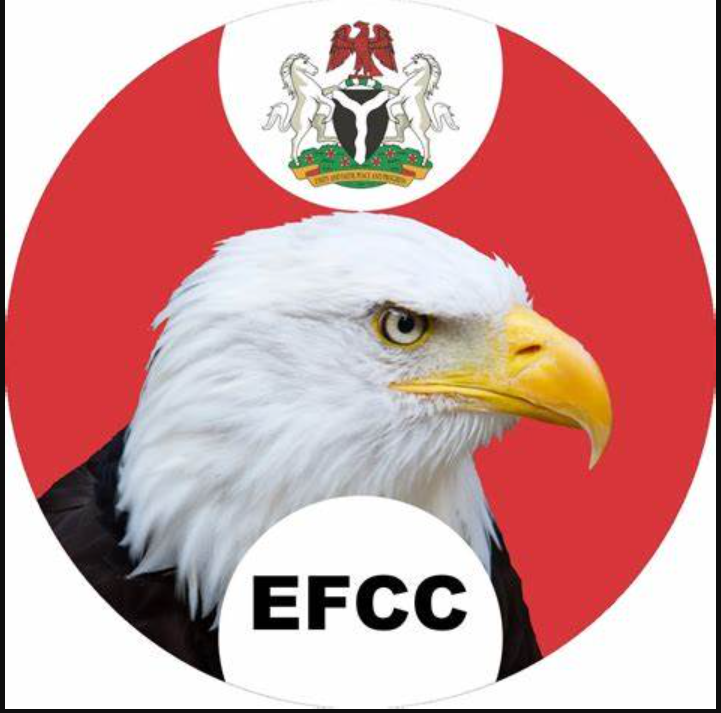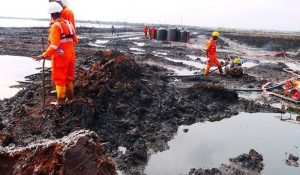
Who will watch the watch Eagle?
Who will watch the watchdog? or should we say, who will watch the watch eagle, if we want to play on words, using the symbolic eagle of the brand identity of the Economic and Financial Crimes Commission (EFCC).
It is interesting and at the same shocking to learn that EFCC has pledged to monitor local government activities following the Supreme Court’s judgment on financial autonomy is a crucial step towards promoting accountability and transparency in Nigeria. This initiative, articulated at the national dialogue organized by Agora Policy in Abuja, underscores the importance of ensuring good governance practices at the grassroots level.
However, relying solely on the EFCC to monitor local government activities is not a viable solution. The EFCC, despite its mandate, has been criticized for its limited success in effectively prosecuting and deterring corruption. This skepticism calls for a more nuanced approach to monitoring local government activities—one that not only focuses on oversight but also includes capacity building, partnerships with civil society, and fostering a culture of compliance and integrity within local administrations.
The limitations of the EFCC to carry out this oversight function is not only numerous but something we should not get started because we might not really get to the finish line. The EFCC has been criticized for various reasons, including selective prosecution, inadequate resources, and bureaucratic inefficiencies. These limitations hinder the agency’s ability to effectively combat corruption at the local government level. Given these challenges, entrusting the EFCC with additional responsibilities could overstretch its already strained resources and reduce its overall effectiveness.
Oh well, let’s not beat this dead horse for far too long but alternative mechanisms for accountability has to come from somewhere else but the EFCC if we do not want the LGA to go back to even worse than the spot they’ve just gotten rescued from.
If CSR REPROTERS may just come up with some advisory, the first will be strengthening Local Auditing Bodies: Local government auditing bodies should be empowered and resourced to carry out regular audits of local government finances. These bodies, being closer to the grassroots, are better positioned to detect irregularities and ensure compliance with financial regulations.
Another will be enhancing Civil Society Participation. This is because civil society organizations (CSOs) play a crucial role in promoting transparency and accountability. By engaging CSOs in monitoring local government activities, there can be a more community-driven approach to oversight. CSOs can provide valuable insights, raise public awareness, and hold local officials accountable.
But an establishing independent Anti-Corruption Units will not be a bad idea. Creating independent anti-corruption units within each local government can help in addressing corruption more effectively. These units should be autonomous, well-funded, and staffed with professionals who have the expertise to investigate and prosecute corruption cases at the local level.
Also, let’s go the way of technology. The world has gone really techy and nothing says, the LGAs and their operations should not. Leveraging technology to monitor financial transactions and administrative activities can enhance transparency. For example, digital platforms for tracking budgets, expenditures, and project implementations can provide real-time data and reduce the opportunities for corruption.
Furthermore, investing in the training and development of local government officials is essential for fostering a culture of integrity and compliance. Regular training programs on financial management, ethics, and anti-corruption practices can equip officials with the necessary skills to manage public resources responsibly.
Honestly, a multi-faceted approach to monitoring local government activities is necessary to achieve meaningful accountability and transparency. This approach should involve:
Collaboration with International Organizations:
Partnering with international anti-corruption bodies and organizations can provide technical assistance, best practices, and funding for anti-corruption initiatives at the local level.
Community Engagement:
Encouraging active participation from the community in governance processes ensures that local governments are held accountable by those they serve. Public forums, town hall meetings, and participatory budgeting are ways to involve citizens in decision-making processes.
Legal and Institutional Reforms:
Strengthening the legal and institutional framework for combating corruption is crucial. This includes enacting laws that protect whistleblowers, ensure transparency in public procurement, and impose strict penalties for corrupt practices.
Truth is while the EFCC’s involvement in monitoring local government activities is a step towards enhancing accountability, it is not sufficient on its own. The nation should bring in a more comprehensive strategy in this case because no one has been saddled with the responsibility of watching the so-called watch eagle, over the years.










I have been browsing online more than three hours today yet I never found any interesting article like yours. It is pretty worth enough for me. In my view, if all website owners and bloggers made good content as you did, the internet will be a lot more useful than ever before
Just wish to say your article is as surprising The clearness in your post is just cool and i could assume youre an expert on this subject Fine with your permission allow me to grab your RSS feed to keep updated with forthcoming post Thanks a million and please keep up the enjoyable work.
I’m often to blogging and i really appreciate your content. The article has actually peaks my interest. I’m going to bookmark your web site and maintain checking for brand spanking new information.